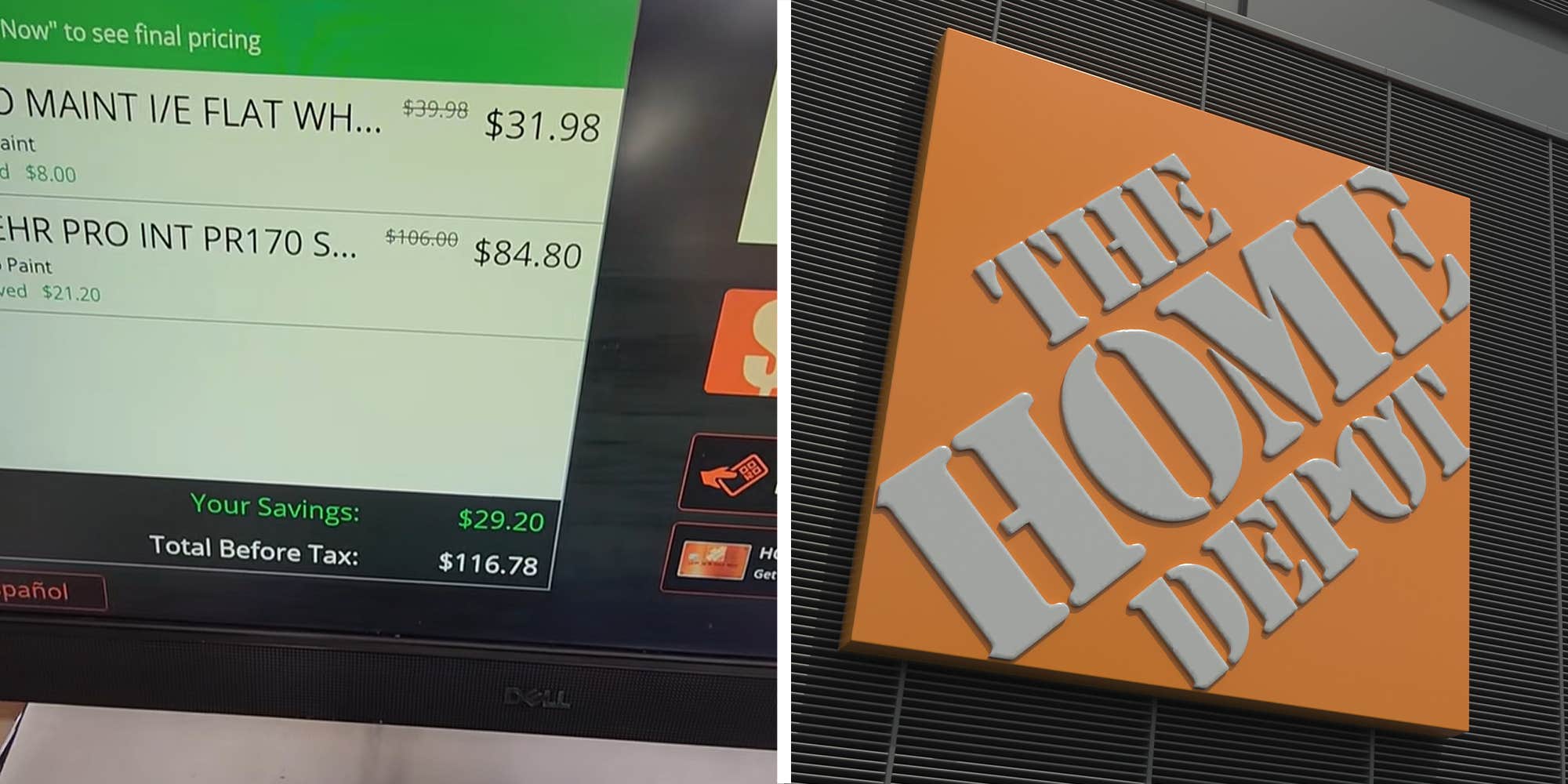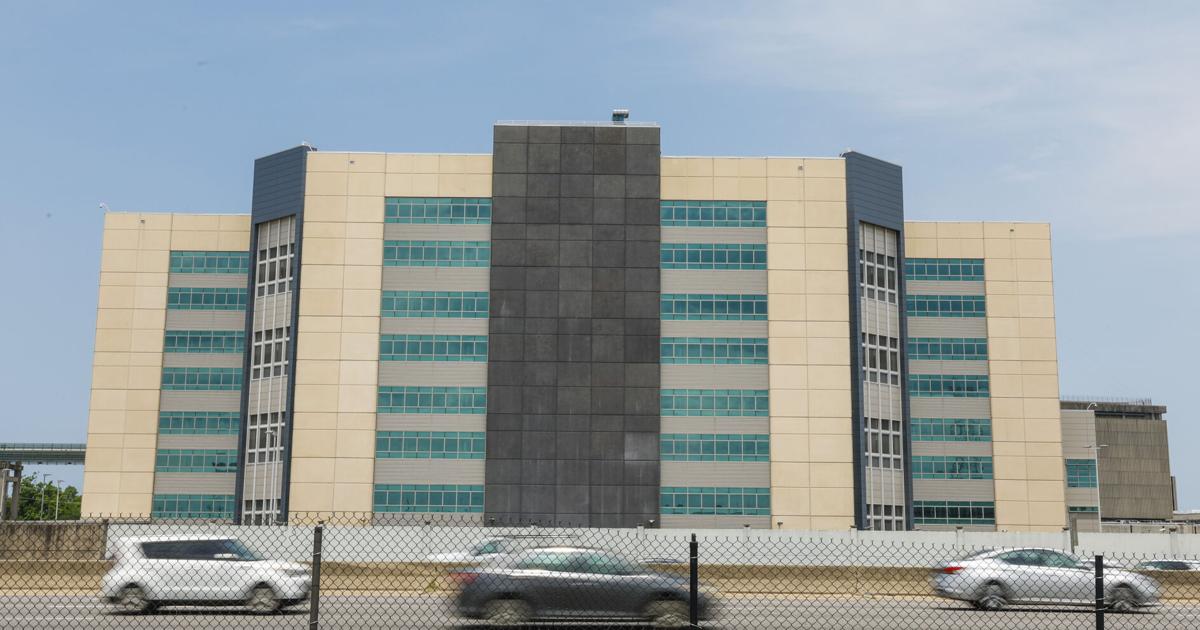When temperatures are at or below freezing, water pipes can freeze or break. Burst pipes can cause significant flooding and damage if they are not dealt with quickly.
Lower your risk by taking steps now to protect your plumbing from future cold temperatures and by learning what to do if your pipes freeze or burst this winter.
How to prepare your pipes
To keep the water flowing and protect your property from water damage due to frozen or burst pipes, take the following steps now:
Outdoor water systems
- Disconnect and empty hoses.
- Turn off and drain automatic sprinkler systems and associated backflow assembly devices. Wrap backflow devices with insulating material.
- Turn off water to outdoor faucets if you have a separate outdoor water shutoff valve. After you turn off the water, open each outdoor spigot to drain the remaining water from the pipes.
- Cover and insulate all outdoor faucets and hose bibs with hose bib covers or with newspaper or rags covered with plastic wrap.
Home plumbing systems
- Caulk around pipes where they enter the home and insulate any exposed outdoor pipes.
- Close all foundation vents and cover vent openings with wood or foam blocks, newspaper, or cardboard.
- Insulate pipes in unheated areas, such as attics, garages, crawl spaces, and basements.
- If you leave home for several days, put your furnace on a low setting instead of turning it off. This may not prevent freezing pipes, but it can help.
Learn more about preparing your plumbing for winter weather.
Know what to do when temperatures are at or below freezing
When winter weather sets in, you should take additional steps to protect your pipes until temperatures are consistently above freezing:
- Open cupboard doors under your kitchen and bathrooms sinks so pipes get more heat, especially if they are located on exterior walls.
- Turn on indoor faucets and leave a slight but steady drip running. Moving water is less likely to freeze.
- Help us help you. Just like your home plumbing, the City’s water pipes are at risk during winter weather. If you see the ground buckle with water coming up from the street or sidewalk, it could be a main break. Report it to our 24-hour Emergency Line at 503-823-4874, option 1.
Be ready to act if your pipes freeze or burst this winter
If your pipes do freeze or burst this winter, be ready to act quickly to prevent severe damage to your home. Here’s what you can do now:
- Learn where your water shutoff valve is and how to use it so you’re ready to turn off the water quickly if a pipe inside your home breaks. Most shutoff valves are located where the water line enters the house, either at the front of your house where you connect your hose, in the basement near the hot water heater, or inside the garage. Learn more about water shutoff valves.
- Know where to go for more info: We have guidelines available online for what to do if your pipes freeze and what to do if they break or burst.
- Build or refresh your household’s emergency water supply so you have access to water even if your water service is interrupted by winter weather.












